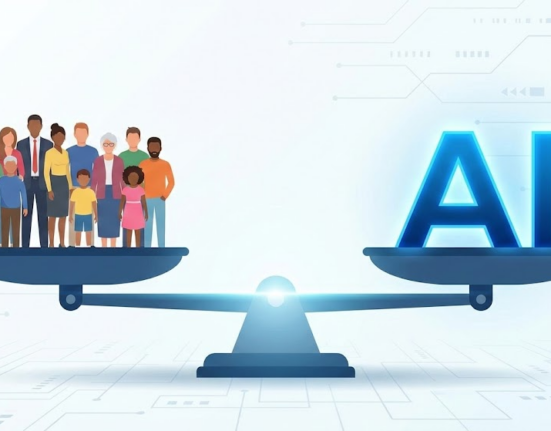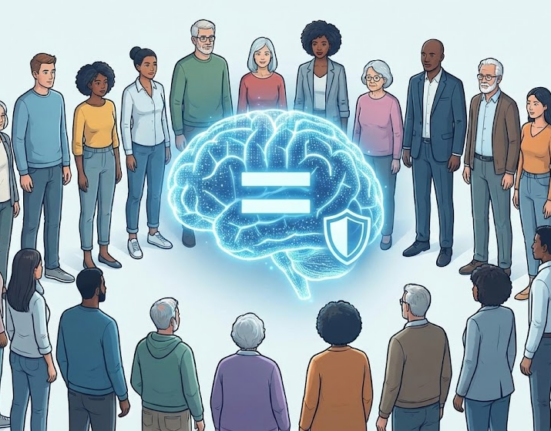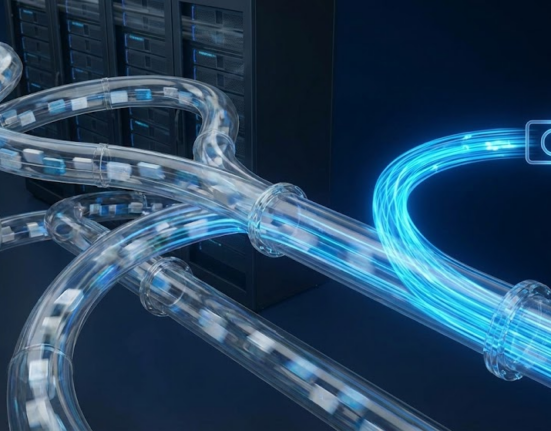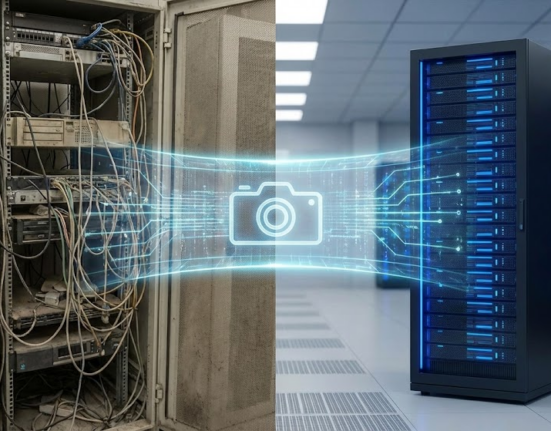Introduction: Why Machine Learning Matters for Careers
Machine learning isn’t just changing technology — it’s changing the job market. From automation to AI-driven decision-making, the rise of machine learning jobs is transforming how we work, the skills we need, and the careers that will thrive in the future.
The Rise of Machine Learning Jobs
Demand for AI and machine learning talent is skyrocketing. Roles in data science, AI engineering, and automation are at the forefront of global hiring trends.
Positive Impacts of Machine Learning on Careers
1. New Job Creation
Machine learning is creating roles like AI specialists, model trainers, and data engineers.
2. Skill Evolution
Existing jobs in IT, healthcare, and finance are expanding to include AI-related tasks.
3. Career Advancement
Professionals with machine learning expertise enjoy higher salaries and more opportunities.
4. Global Collaboration
Remote machine learning jobs allow workers to contribute worldwide.
Industries Most Affected by Machine Learning Jobs
Healthcare
AI assists in diagnostics, imaging, and personalized treatments.
Finance
Machine learning powers fraud detection, trading, and risk assessment.
Manufacturing
Automation and predictive maintenance drive efficiency.
Retail
Personalized recommendations and supply chain optimization reshape shopping.
Transportation
Self-driving technology creates engineering and safety roles.
Potential Risks to Careers
Job Displacement
Routine and repetitive jobs are at the highest risk of automation.
Skill Gaps
Workers without digital skills may struggle to adapt.
Workplace Inequality
Those with access to training benefit most, leaving others behind.
Ethical Concerns
AI replacing humans in sensitive decisions raises workplace dilemmas.
Skills in Demand for Machine Learning Jobs
- Programming (Python, R, Java).
- Data analysis and statistics.
- Cloud computing and big data tools.
- AI frameworks (TensorFlow, PyTorch).
- Critical thinking and problem-solving.
How Professionals Can Prepare for AI-Driven Careers
Invest in Education
Enroll in online machine learning courses or university programs.
Upskill Continuously
Stay updated on the latest frameworks and AI tools.
Embrace Hybrid Roles
Combine domain expertise with AI knowledge for career resilience.
Build Soft Skills
Adaptability, creativity, and teamwork remain vital.
Case Study: Healthcare Career Transformation
Radiologists now collaborate with AI diagnostic tools. Instead of replacing doctors, machine learning jobs shift focus to interpretation, patient care, and complex decision-making.
Case Study: Finance Industry Careers
Fraud analysts and financial planners use AI to handle routine tasks. Their roles now emphasize strategy and relationship management.
Future Trends in Machine Learning Jobs
Explainable AI Careers
Experts will be needed to interpret and communicate AI decisions.
AI Ethics Officers
Companies will hire specialists to oversee responsible AI use.
Lifelong Learning Culture
Continuous education will be mandatory for staying relevant.
Blended Workforces
Humans and AI systems will work side by side as collaborative partners.
Conclusion: Thriving in the Age of Machine Learning Jobs
Machine learning jobs are reshaping industries and redefining careers. While some roles may disappear, far more will evolve or be created. By embracing education, adaptability, and innovation, professionals can thrive in this AI-driven future.
FAQ
1. What are machine learning jobs?
They include careers in AI, data science, engineering, and roles transformed by automation.
2. Will machine learning replace human jobs?
It may replace routine roles but will create new specialized careers.
3. What skills are most important for machine learning careers?
Programming, data analysis, AI frameworks, and critical thinking.
4. Which industries are most affected by machine learning jobs?
Healthcare, finance, manufacturing, retail, and transportation.
5. How can professionals prepare for AI’s impact on jobs?
By continuous learning, upskilling, and developing both technical and soft skills.








